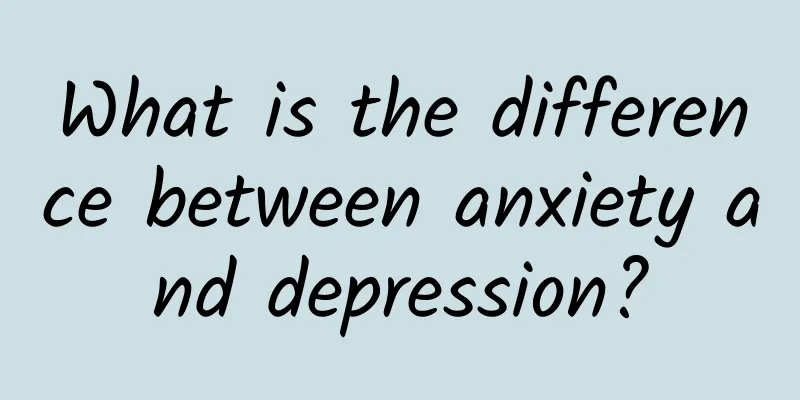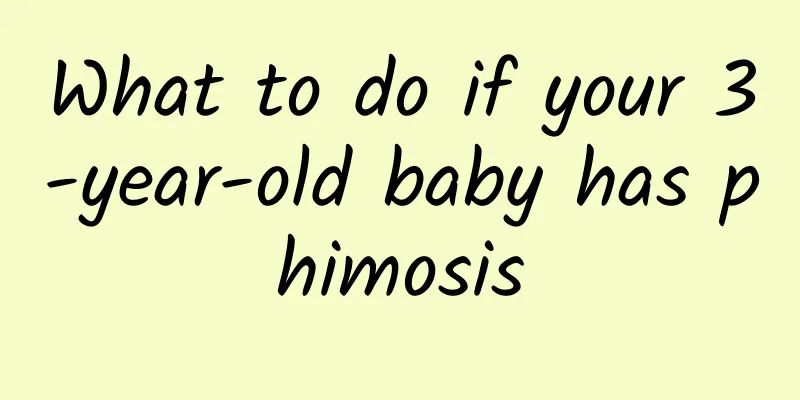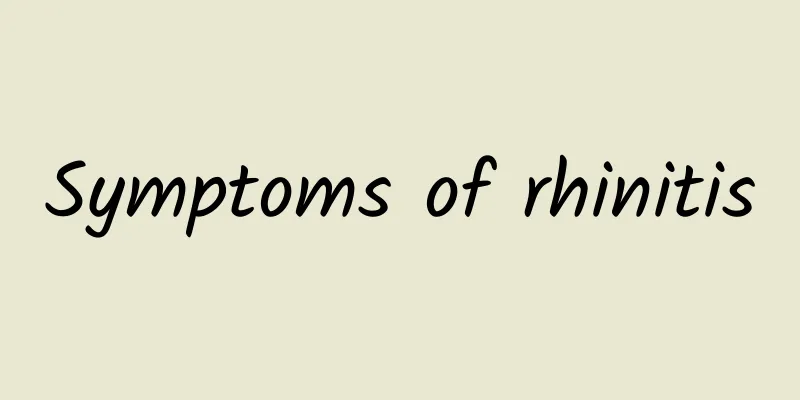What is the difference between anxiety and depression?

|
Everyone thinks that anxiety and depression are relatively common mental illnesses and there is not much difference between the two. But in fact, there are many differences between anxiety and depression. For example, the characteristics exhibited by patients are different, and the fears caused by different psychological activities, and the symptoms exhibited are also completely different. From a physiological perspective, anxiety is characterized by high arousal, while depression is characterized by inhibition. Although both can cause autonomic and involuntary dysfunction, and some are accompanied by obvious neurological dysfunction, the biggest difference between the two is as mentioned above. From a psychological perspective, both anxiety and depression have obvious concerns, but in terms of manifestation, the two have different directions. Anxiety is more about excessive nervousness and even fear about existing or upcoming events, while depression is a state of excessive mental inhibition about existing or upcoming events. The former is in a state of excessive arousal, leading to anxiety, fear, tension, worry, and physiological symptoms such as rapid breathing, abnormal digestion, frequent and urgent urination, panic, dizziness, chest distension, tightness, etc., while the latter is in a state of excessive inhibition, characterized by slow thinking, decreased comprehension, judgment, reasoning, imagination, analysis, and concentration, and is dominated by obvious pessimism. However, the two may have obvious distinguishing features at the beginning, but as they exist longer, depression and anxiety disorders often occur together. In other words, anxiety disorders can also present symptoms of depression, and depression can also present symptoms of anxiety disorders. The main reason is that both are in a social body and can evaluate their own problems according to social standards. When they realize the seriousness of the problem, anxiety patients will begin to fall into depression because they cannot deal with the problem for a long time and are greatly affected by the problem. However, patients with depression fall into anxiety because they are in pain from pessimism for a long time but are unable to do anything about it. Therefore, we cannot accurately distinguish between the two during clinical or consultation processes. Especially for those who seek treatment, they have often been stuck in the problem for a long time, making it even more difficult to isolate the core symptoms. However, the current trend is to combine the two into anxiety and depression, which is more reasonable. Facts have also proved that although the two have their own characteristics, there are also great cross-similarities between the two. Therefore, I also think that there is no need to distinguish between the two. Of course, if you are writing this as an academic paper, just grasp the key points above. In actual treatment, it is better to comprehensively consider the overlapping areas of the two and adopt comprehensive treatment. The difference is academically meaningful but therapeutically meaningless. |
<<: What are the symptoms of lumbar stones?
>>: What is the effective treatment for fingernail ulcer?
Recommend
How to inject human chorionic gonadotropin
Although people's living standards have impro...
I got pregnant after taking ovulation-stimulating Chinese medicine
Many couples often try to prepare for pregnancy b...
What to do if a stone blocks the ureter
Ureteral stones are a disease that can easily cau...
My hands are always itchy with blisters
People who always have blisters on their hands of...
What is the reason for heat stroke?
It is normal to have heatstroke in the hot summer...
Parents, please note! What are the symptoms of dehydration in babies?
Babies have low immunity, so they are particularl...
Is pneumonia contagious? Timely treatment is the key
The season between winter and spring is also a se...
What are the symptoms of allergies?
Allergies are very common in our daily life. Ther...
Biparietal diameter and femur length of the fetus at 36 weeks of pregnancy
At around 36 weeks of pregnancy, the biparietal d...
What are the methods of acupuncture treatment for hemiplegia? How does acupuncture treat hemiplegia?
The most common symptom of hemiplegia caused by s...
What causes skin spots?
To put it simply, skin mottling means that the de...
Tonsillectomy cured bad breath
Bad breath is a very embarrassing thing. When you...
Can drinking more water help gallstones be expelled?
Gallstones are a relatively common stone disease....
Massage techniques for infantile rash
The human body is a relatively complex structure,...
Will strawberry nose heal on its own?
Strawberry nose mainly refers to some hardened oi...









